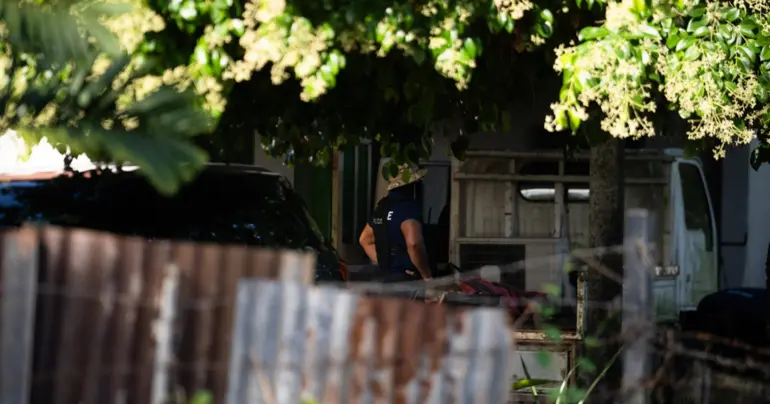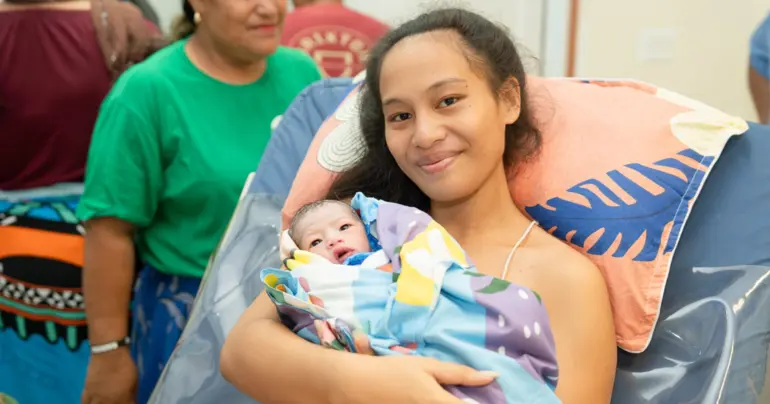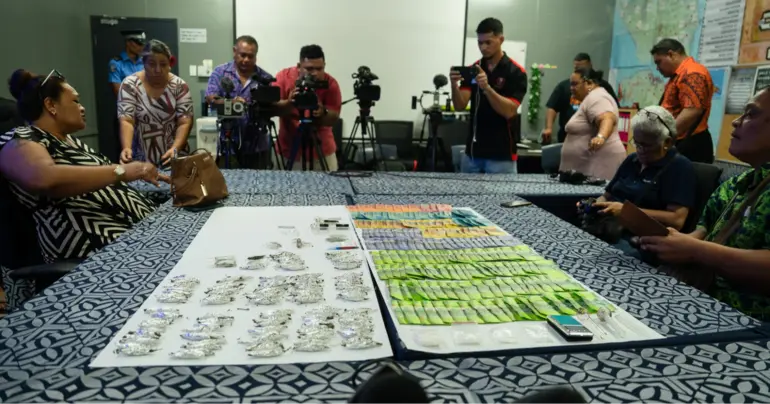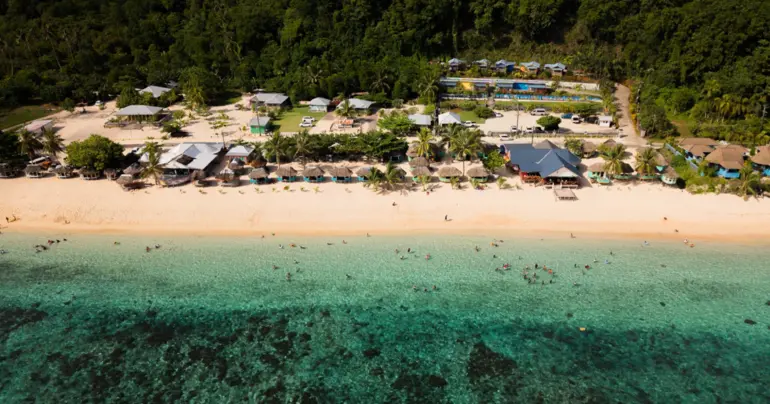L.T.C. overhaul long debated, not rushed: A.G.
 By Joyetter Feagaimaali'i
•
14 August 2020, 11:15PM
By Joyetter Feagaimaali'i
•
14 August 2020, 11:15PM
Samoa's recently appointed Attorney General, Savalenoa Mareva Betham Annandale, has rejected criticism that Government plans to overhaul the judicial system have been rushed through the Parliament.
In an interview with the Samoa Observer on Friday, Savalenoa said the plans to create an autonomous Land and Titles Court (L.T.C.) and overhaul the judiciary had been conducted in a “timely manner” and had long been debated in legal circles.
Critics have said the Constitution Amendment Bill 2020, the Land and Titles Court Bill 2020 and the Judicature Bill 2020, which are at their second reading phase of the Parliamentary process have been rushed through Parliament.
Among those to criticise the pace of the Government’s bills include the nation’s judiciary which signed a letter in April criticising the proposed changes’ effect on the separation of powers and recommended they be withdrawn until proper consultation was conducted.
Public feedback on the bills is currently being sought by a Special Parliamentary Committee, which is seeking input from individual villages.
Senior lawyer Salma Hazelman previously said the three bills had skipped several stages of 17 steps required for drafting an Act, which included consulting on the bills before they are introduced to Parliament, not after.
But Savalenoa, who was appointed to her position last month, said debate around the reform of the L.T.C. has been an issue of debate among the legal fraternity for years.
“The issues addressed in these bills are issued that have been discussed since our law school days,” Savalenoa, a 20-year veteran public and private sector lawyer said.
“These issues were discussed, shelved and discussed again over the years and when I was President of the Samoa Law Society, I led and presented the submission and at the time, we touched on the administrative matters and obviously we can’t comment on the performances of the Judges but the administration of Justice were the issues that we dealt with then.”
The Attorney General said that after consultations that are currently underway, a press conference will be held to address what she characterised as public misconceptions about the bills’ negative impact.
“And the fact that they have now been put into bills and now taken through the Parliament process for consideration of laws in my view I don’t believe it is being rushed,” she said.
“It has been years of discussions and consultations and now these issues have formed into legislation.”
Savalenoa refused to comment on the Parliament process which includes the consultation currently underway with a Special Committee.
But she denied that the proposed changes within the three bills had not been canvassed in a previous 2016 Parliamentary inquiry into the L.T.C. and that the Commission of Inquiry had focused mainly on administrative issues.
“Some of the issues raised in the 2016 Commission of Inquiry and during our oral submissions touched on issues whether we increased the number of [judges] or separate the L.T.C.,” Savalenoa, a former President of the Samoa Law Society, said.
She made it clear the Law Society at that time “raised” the issue as part of their verbal, not written submission.
“It was not part of our submission, but the separation of the L.T.C. is not something new. It was separate from the Supreme even though they shared the same Ministry,” she said.
“It was separated and was brought back under the Ministry.”
Savalenoa also said the L.T.C. had always been independent insofar as the courts had their own judges and jurisdiction on customary land and chiefly titles.
“It’s always conducted in Samoan; it was always about its special jurisdiction, it was customary land; ownership of land boundaries; access over customary land and chiefly titles nothing more nothing less,” the Attorney General said.
Savalenoa said she personally supports the proposed L.T.C. changes.
“But we did make submission on certain legal issues that must be addressed, there are two critical questions asked of any legislation, are they constitutionally compliant and are they legally sound and that is the perspective we took on these bills,” she said.
Asked whether the bills are legally sound, Savalenoa said the assessment after the consultation will determine that.
“Every legislation that is introduced in the house and when it’s referred for consultation it is [not] law until after the consultation and obviously amendments to ensure it is constitutionally compliant and legally sound before its reintroduced in the third reading in [Parliament] and it's only when it is accepted and approved at the third [reading stage] and the Head of State signs that it becomes law,” she said.
“So there is every opportunity [to make amendments]
“It's still a draft; it can still be improved and changed and until we meet the response to these two questions, then it is law. Some people think because they are in bill form, they are law, but it is only a bill it is a draft of the law.
“After the consultation there is also the process of reassessment to ensure what people want and what the people may want to change are addressed.
“But it does not mean what everyone wants will be included in the law.
“The drafters will then draft further amendments to ensure that the final version of the bills that go to the house for third reading are constitutionally compliant and legally sound.”
The bills have previously been criticised by a variety of international bodies including the International Bar Association's Human Rights Institute and the United Nations Human Rights Committee’s Special Rapporteur on the Independence of Judges and Lawyers.
 By Joyetter Feagaimaali'i
•
14 August 2020, 11:15PM
By Joyetter Feagaimaali'i
•
14 August 2020, 11:15PM











